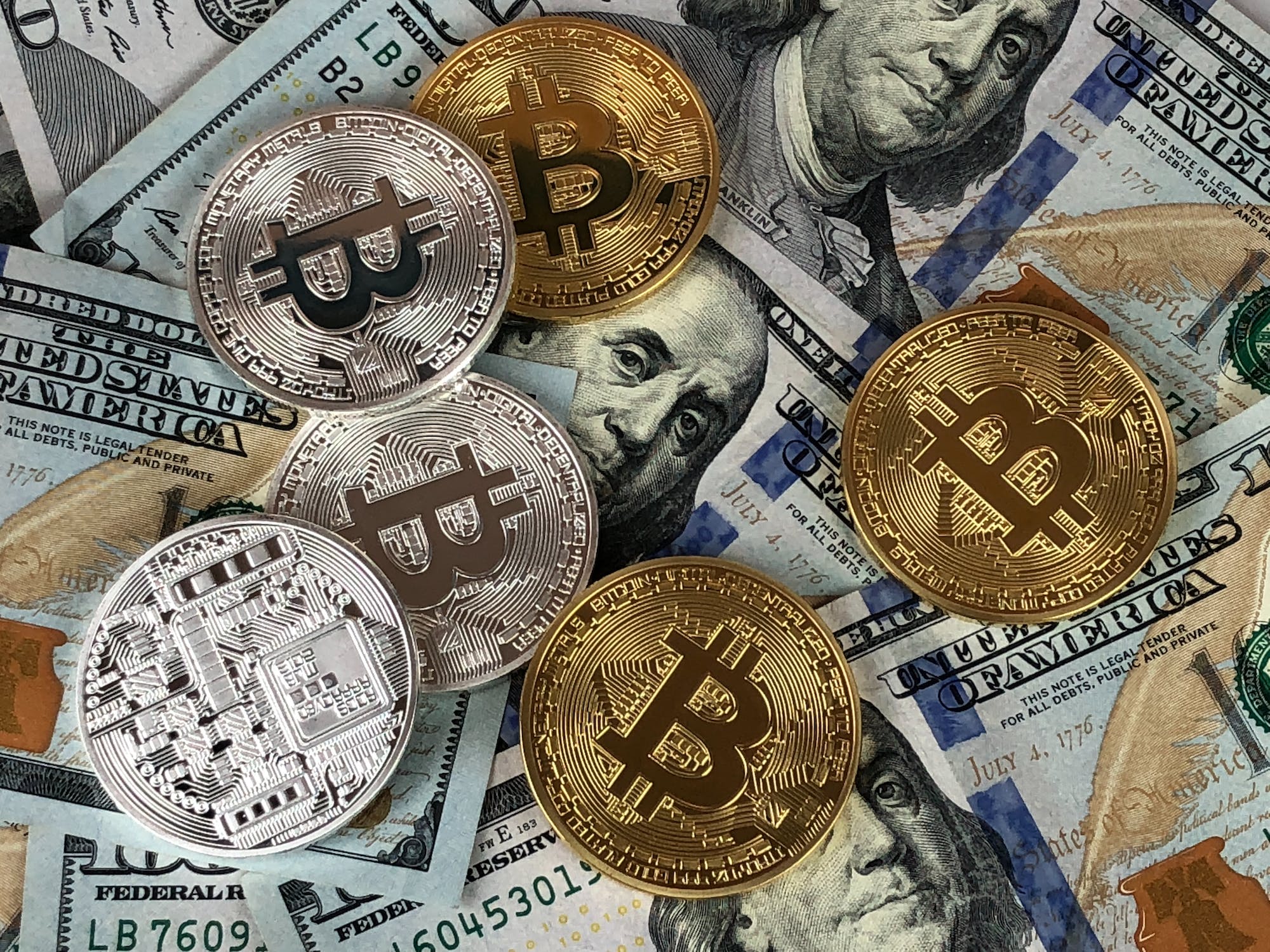SPONSORED POST*
The cryptocurrency industry is as vibrant as it has ever been. And for a space that is less than two decades old, it has managed to hit several impressive milestones over the years.
At the moment, there are thousands of cryptocurrencies available for investors to purchase. Many of these assets are linked to specific projects, offering investors the opportunity to directly or indirectly back these projects and earn. Interestingly, while many investors in the market come in to make money, there is also a growing segment of value-seeking investors.
Just as well, cryptocurrencies have been able to inject themselves into just about every space. From retailers, healthcare providers, and even iGaming operators such as the online casino Bovada, crypto is everywhere you look thanks to the digital payment wave that has been experienced.
Regardless of what many might think, the crypto market has continued to thrive. Coin prices are passing milestones, with the entire market itself being worth over $1 trillion. Companies in the space are also raising impressive capital amounts, with valuations growing.
When you consider that the entire crypto market is less than 15 years old, you’d find that the achievements being made in this industry are even more impressive. So, how did a concept that started as a side project for most techies grow into a global phenomenon?
Crypto’s Founding Premise
To understand how cryptocurrencies became so popular, it is worth pointing out the general idea behind them in the first place.
Among other things, digital assets were founded out of a distrust for traditional governments. Fiat money and other constructs of centralized authorities had failed time again, leading to economic crashes. Cryptocurrencies were established to be assets that would operate away from government or centralized control.
In the era of populism that we live in today, it’s easy to see why cryptocurrencies have continued to become popular. Trust in the government has eroded, and many are looking for a way out of the norm. When it comes to money, crypto provides that break.
Furthering The Cause of Globalization
Another major factor that has contributed to the current rise in popularity of cryptocurrencies is the functionality of digital assets themselves.
When Bitcoin was launched, it started as a way for people to send money across borders. And, it offered greater speed and efficiency. That still holds today – the average time to process an international transaction is three days, with some currency transfers taking up to five days or a week. With Bitcoin, you can send money across borders in minutes.
And, for those who would like to escape the volatility of crypto, stablecoins provide a great alternative. Send and receive money in minutes without having to worry about its value dropping in transit.
In a world where everyone feels closer, this ability to connect people financially is an invaluable benefit that cryptocurrencies provide.
Flexibility in Operation
It won’t be a discussion about crypto’s entrance into the mainstream without talking about how functional these assets are and how they’ve managed to enter into every industry.
Bitcoin (BTC) is widely regarded as the first cryptocurrency. And for several years, it maintained that position. When it launched, it was to serve as an alternative form of money that would allow anyone to spend and send cash across borders.
Since Bitcoin, different other assets have launched that have entered the mainstream. Ethereum (ETH), the second-most valuable currency, powers its native blockchain, which allows developers to build decentralized applications (dApps) that can be used across different industries.
We have XRP (XRP), which also focuses on cross-border payments, with a higher transaction throughput than Bitcoin and most other assets. Then, there are utility tokens like Chainlink (LINK), the Basic Attention Token (BAT), Uniswap (UNI), and more, which provide holders with the ability to use specific resources in the blockchain space.
To cut things short, there is no industry that doesn’t have a crypto project looking to disrupt it – from gaming to the metaverse and even traditional investment. And for most of these projects, there are cryptocurrencies that users and investors can purchase to access them. If the world continues to advance, crypto will be there, powering disruption in industries along the way.
Still A Lot of Potential for Gains
As explained earlier, one of the biggest reasons why many investors buy cryptocurrencies is to make money. Digital assets are known to be very volatile, delivering better gains than most other asset classes.
Case in point; Bitcoin was named the best-performing asset of the past decade, with an annualized return of 230%. Even after the tough financial year that was 2022, crypto is already rising again. While stocks are delivering modest gains (and some are even on the decline) year-to-date, crypto prices are up, with most of them delivering double-digits in returns.
This isn’t to say that the market is entirely perfect. With regulatory uncertainty and the entry of just about everyone, crypto still has a lot to overcome. However, it’s easy to see why the market has grown to its current size, and the future remains bright.
*This article was paid for. Cryptonomist did not write the article or test the platform.
